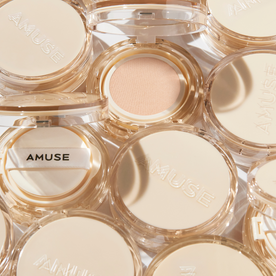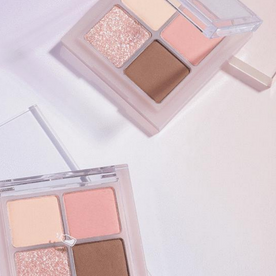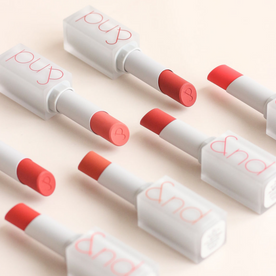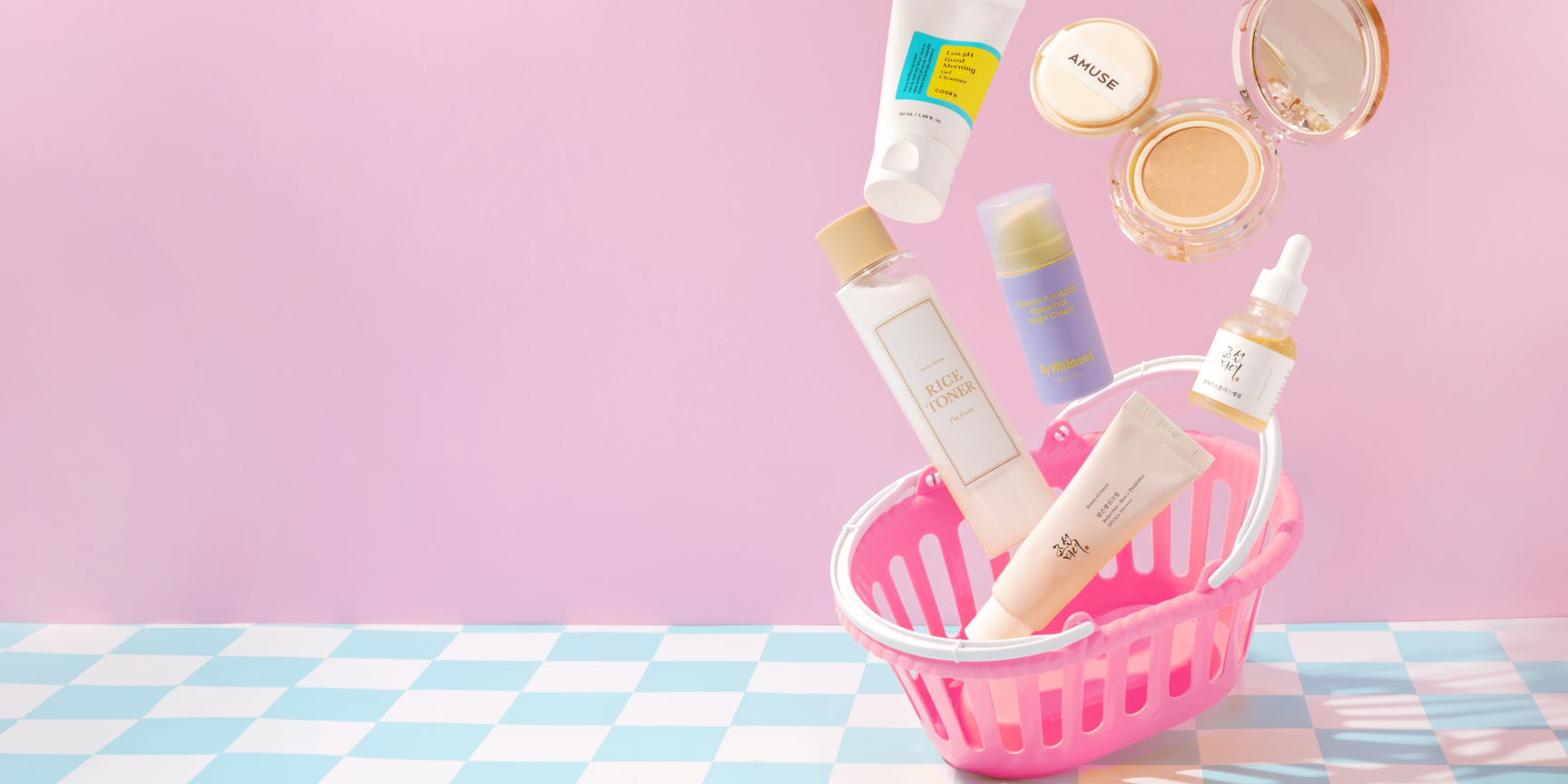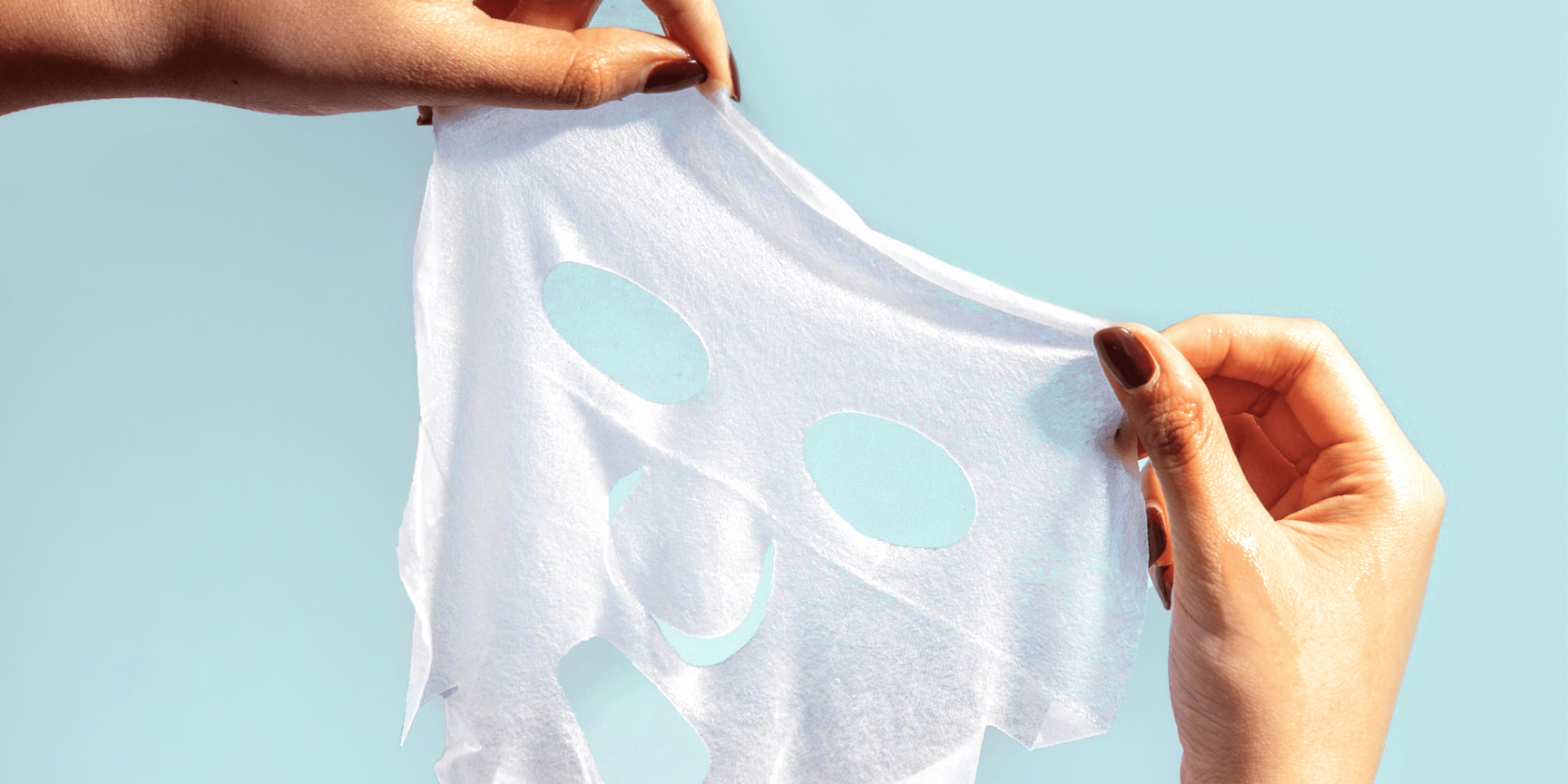
SKINCARE Q&A
You ask - we answer!
Skin Aging

At what age should I start using anti-aging products?
There isn’t a magic age when you should start using anti-aging products. Most experts recommend starting to use anti-aging products in your mid to late 20’s. It’s easier to prevent damage than to reverse it, so it doesn’t hurt to start early.

Do I need to use retinol?
Retinol, aka Vitamin A is a great anti-aging ingredient. However, it’s a strong active that can cause irritation. If you can tolerate it, it helps with skin turnover, reduces the appearance of fine lines and wrinkles, and can help treat acne. To build up a tolerance, start with a low concentration, then slowly increase the concentration and frequency. A gentle, plant-base alternative to retinol is Bakuchiol.

How do I treat fine lines and wrinkles?
The best treatment for fine lines and wrinkles is prevention. More specifically, protecting against collagen breakdown. This means keeping skin from sun exposure and pollution. Wear sunscreen every day and load up on Antioxidants. Try retinol or vitamin C serums to treat existing wrinkles - these ingredients boost collagen production, increase skin turnover, and fight free radicals.

What do antioxidants do for my skin?
Antioxidants protect the skin from damage and prevent the breakdown of collagen. They neutralize free radicals caused by UV rays and pollution, making them excellent for treating signs of aging.

How do I plump my skin?
Using a skincare product that boosts collagen production is an excellent start. Peptides, Vitamin C serums and other antioxidants protect against collagen breakdown and have anti-aging effects. Skin also gets drier as we age, so keep skin plump using products with hyaluronic acid and ceramides.

What is the best anti-aging product?
There’s no silver bullet when it comes to anti-aging treatments. A combination of prevention, protection, and treatment will give you the best results. Start by adding an antioxidant serum to your skincare routine, make sure you apply sun protection regularly and keep your skin hydrated, inside out.

How do I prevent wrinkles?
The best way to prevent wrinkles is to hydrate your skin daily and avoid sun exposure. UV rays break down collagen and cause the skin to sag, resulting in wrinkles and lines. Use sunscreen daily, even during the winter, to protect your skin.
Acne

How do I get rid of cystic acne?
Cystic acne treatment often needs to be done with the help of a dermatologist. Because the infected area is deep under the skin, most regular topical products won’t cut it. Your dermatologist may suggest prescription treatments, oral antibiotics, topical retinoids, or medication that regulates hormones.

How do I treat adult acne?
The cause of adult acne is the same as teenage acne - clogged pores, excess sebum, and hormonal fluctuations. Look for non-comedogenic makeup and sunscreens and clear pores with salicylic acid. Products with tea tree extract or propolis also help prevent bacteria from infecting your skin.

Does diet affect acne?
People used to believe that acne was due to eating too much “junk food,” like candy or fried foods. Now we know that it’s much more complicated than that and that hormones and genetics have a lot to do with whether someone has acne or not. There isn’t much evidence that what you eat can cause acne. The strongest correlation is with refined sugar and sometimes dairy, but it depends on the individual. Talk to your dermatologist to get expert advice if you think something you’re eating is causing breakouts.

Do I need to moisturize if my skin is oily?
Yes. Trying to dry acne or oily skin by skipping moisturizers can make your skin even more oily. As the skin dehydrates, it will overcompensate and produce even more oil. The best moisturizers for oily skin are lightweight (gel textures work well) and absorb quickly.

Does exfoliating help treat acne?
Exfoliating helps with acne because it helps clear dead skin and excess oils that clog pores and can cause acne. However, over-exfoliating can worsen acne by damaging the skin barrier that helps regulate oil and prevent infection.

How do I use pimple patches?
Pimple patches are super convenient and easy to use. Cleanse your skin, peel the patch off its backing, put it on top of your blemish, and voila! Pimple patches have the benefit of only treating the affected area and are the ideal healing environment for pimples.
Sensitivity

How do I know if my skin is sensitive?
Signs of sensitive skin can include redness, dryness, rashes, breakouts, itchiness, and stinging skin. Usually, sensitive skin is reactive and easily irritated.

How do I reduce redness?
If you aren’t sure what is causing redness on your face, start by eliminating possible irritants (essential oils, fragrances, and drying products). Use a gentle cleanser, and reduce exfoliation. Here are some ideas for skin-calming ingredients: Centella, snail mucin, chamomile, and ceramides.

Should I exfoliate sensitive skin?
You can exfoliate sensitive skin with caution. If you’re using acid exfoliators, opt for lower concentrations, or try enzyme or PHA peels, which are gentler. If you prefer physical exfoliators (we don’t recommend them), use something with dissolving grains - no sharp shells or hard granules -, and mix the scrub with water or a hydrating toner to help it dissolve.

What causes sensitive skin?
Sensitive skin can result from certain skin conditions like eczema and rosacea. Allergies can also result in irritated skin, hives, and rashes. Dry skin is more likely to be sensitive as well. You can experience a temporary period of sensitivity if your skin is dehydrated, your skin barrier is damaged or over-exfoliated, or if you come into contact with something physically irritating (contact dermatitis).
Pigmentation & Vitamin C

How do I treat dark spots (including those caused by acne)?
Treat hyperpigmentation with formulas that contain skin-brightening ingredients, like Niacinamide, Vitamin C, or Galactomyces. Wearing sunscreen daily and keeping in the shade will prevent future dark spots and older spots from darkening again. Treat dark spots caused by acne the same way, and remember not to pick pimples to avoid scarring.

What does vitamin C do for your skin?
Vitamin C is an antioxidant that neutralizes free radicals from sun exposure and pollution. It helps to brighten the complexion, fade dark spots, and boosts collagen production. A champion of multitasking!

What is the best vitamin C serum?
The biggest difference between different vitamin C serums is usually the concentration of vitamin C they contain. The best vitamin C serum is the one that contains true Vitamin C - gives you the most anti-aging and anti-pigmentation effects with the least side effects. Some people find vitamin C irritating, so it’s best to start with a lower

What causes hyperpigmentation?
Hyperpigmentation is when your skin produces melanin to protect itself from sun damage. Melanin is the pigment that gives our skin and hair color, so it can cause the affected skin to darken. Disrupting the production of melanin and protecting skin from the sun can prevent hyperpigmentation.

Can I use vitamin C and retinol together?
Mixing actives can be tricky and cause irritation. If you want to use them together, use vitamin C during the day (it protects against free radicals) and retinol at night (not in sunlight). Both make your skin more photosensitive, so you should always wear sunscreen and protect your skin from the sun.
Exfoliation

How often should I exfoliate?
Generally, it's best to exfoliate 1-3 times a week. Signs of over-exfoliation include a weak skin barrier, skin that goes from dry to oily, and reactive, irritated skin. If you experience any of those, reduce the frequency.

What is a chemical exfoliant? Is it full of chemicals?
You may wonder if chemical exfoliants are safe, as the term sounds scary. Chemical exfoliants are generally referring to three acids, AHAs (alpha hydroxy acids), BHAs (beta hydroxy acids), and PHAs (polyhydroxy acids). They are perfectly safe and are often derived from natural plant sources. Acids can help with cell turnover, clearing pores, and regulating oil production.

How fast will my skin recover from over-exfoliation?
Generally, it takes 2 to 6 weeks for the skin to recover and regenerate after being over-exfoliated. To treat over-exfoliation, work on strengthening your skin barrier and rehydrating your skin. Use gentle products, layer on hydration (like hyaluronic acid), and soothe irritation with calming ingredients like panthenol and Centella.

What is the difference between AHAs and BHAs?
AHAs and BHAs are both exfoliating acids that do slightly different things.
AHAs are better at resurfacing, working on the top layers of skin to reduce fine lines, fade hyperpigmentation, and smooth skin.
BHAs are better against acne and blackheads, as they can break down dead skin cells and unclog pores.
Sun Protection

Should I use mineral or chemical sunscreen?
The best sunscreen is the one you wear every day. Mineral sunscreens sit on top of your skin and may be better if your skin is reactive. They work right away but can be chalky and leave a white cast. Chemical sunscreens get absorbed into your skin. They take some time to start working but tend to spread more easily. Both will work as long as you apply enough and reapply often.

Do I need to use sunscreen indoors?
Yes, unless you are sitting in a windowless room. You can be exposed to UV rays indoors, through windows, or in your car. UV damage begins as soon as your skin is exposed, so wear sunscreen indoors, too.

How often do I need to reapply sunscreen?
How often you reapply sunscreen depends on the product, how much of it you put on, and what activity you're doing. You should always read the instructions on your sunscreen to see how long the UV protection lasts. If you don't put on a lot, you'll need to reapply more often. Activities that expose you to a lot of sunlight, cause you to sweat, or involve water increase the number of times you'll need to reapply.
Skin & Routine Basics

How do I know what skin type I am?
To tell what skin type you are, check your skin first thing in the morning. If it is shiny and greasy feeling, you likely have oily skin. If your skin is flakey and dry, you have dry skin. If some parts of your face (usually forehead and nose) are oily, and other parts are normal or dry (usually cheeks), then you likely have combination skin. Take our Skin Quiz to find out!

In what order should I use skincare products?
There are general guidelines for skincare product order (some call it "10-step skincare"). They go as follows: oil cleanser, water-based cleanser, exfoliator, toner, essence, sheet mask, serum, eye cream, moisturizer, and sunscreen. Some of those steps are optional. If you aren't sure how to layer your skincare products, opt for the more watery one first.

Do I need to wash my face in the morning?
It is a good idea to at least rinse your skin to clean off the sweat and any residue from your night products. Using a gentle morning cleanser is recommended if you have used a sleeping mask the night before or have excessively oily skin.

What does a toner do?
Toners used to be astringents that dried out acne. These days, toners can hydrate, brighten, and exfoliate, depending on the product. Most toners help clean off any residue left from cleansing, balance your skin's pH, and soften and prepare your skin for other skincare products.

How much should I spend on skincare products?
You don't have to spend a fortune on skincare products. Much of what you pay for luxury products is exclusivity, packaging, and marketing. Great ingredients work equally well in affordable products. If you have a little extra to spend on a product, spend it on a serum or ampoule, which has higher concentrations of actives and tends to be a little pricier.

What skincare products do I really need?
There is no magic number that will give you the perfect skincare routine. The number of products you use isn't as crucial as finding products that work for your skin type and address your skin concerns. You may find that your dry skin doesn't need to exfoliation often or that you don't have time to put on a serum every night. Take into account how much time and energy you have to complete your routine - it should be an enjoyable part of your day!

Can I use a facial oil instead of a moisturizer?
Whether you need a moisturizer depends on what you're trying to do. Facial oil can work if you're trying to seal in the moisture already contained in your skin. Oils can nourish and help retain water content. However, they don't add moisture to your skin, so if it needs more water, you'll need to use a hydrating product first.
Formulas & Skincare Movements

What’s the difference between “clean beauty” and “green beauty”?
Clean beauty usually prioritizes "non-toxic" or "non-harmful" ingredients. It can be challenging to tell what these ingredients are, as not everyone agrees on what is harmful. Green beauty focuses on environmental friendliness and sustainability. Again, this is a non-regulated term, so it's best to go with a brand you trust. Beware of greenwashing!

What is “clean beauty”?
"Clean skincare" is a term that can mean different things, depending on the criteria used. Often it suggests that something is non-toxic or contains no harmful products. Sometimes this includes the idea of eco-friendliness. "Clean" isn't the same as "organic," so it can contain synthetic ingredients. Unfortunately, there isn't an official definition, so brands and marketers can use it as they see fit. It's essential to do your research or look for a certification mark you trust.

What is “green beauty”?
Green beauty is skincare produced with the environment in mind. Brands that claim to be "green" (sometimes called "bio") generally have some sustainability goals, such as responsible ingredient harvesting or biodegradable packaging. It's an extensive, unregulated term, so you'll likely have to do a little research to find out what a brand considers "green."

What is fermented skincare?
Most fermented skincare contains some type of yeast that breaks down nutrients, making them easier to absorb (think kimchi). In some cases, fermentation actually increases the effectiveness of ingredients. Fermented formulas often have potent anti-aging effects and are unlikely to cause irritation.
Pores / Blackheads / Whiteheads

How do I shrink large pores?
First, we should probably answer the question, 'CAN you shrink pores?' Unfortunately, the answer is no. Pore size is primarily genetic. However, you can prevent enlarged pores. Excess oil and dead cells can stretch pores, so deep clean them with a BHA (beta hydroxy acid) solution. An anti-aging serum will also help, as pores tend to sag when collagen production slows.

How do I treat blackheads?
Blackheads are clogged pores that have oxidized, giving them that dark color. To treat them, use a product with BHA to unclog the pores and cleanse excess sebum. A clay mask is an excellent choice for drawing out oils and dirt without using anything too harsh. Don't squeeze blackheads - you can damage your skin and cause scarring or infection.

Can pores open and close?
This is one myth that has been busted. Steaming your pores doesn't cause them to "open" or help them absorb products better. Likewise, cold water won't "close" or shrink them. Because pores aren't muscles, they can't expand and contract. Their size is just a matter of genetics. However, they can appear more prominent if they're clogged or lose firmness as we age.









































